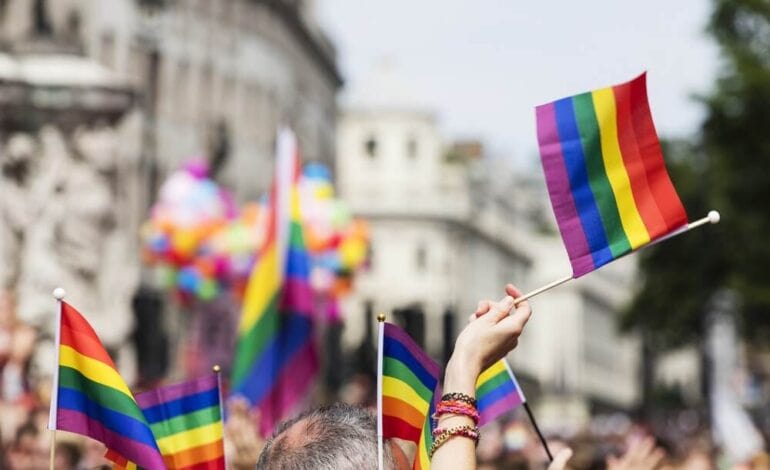LGBTQ Pride Month
LGBTQ Pride Month occurs in the United States in June to commemorate the Stonewall riots, which occurred at the end of June 1969. This entire month is dedicated to uplifting LGBTQ voices, celebrating LGBTQ culture, and supporting LGBTQ rights. Although our society has taken tremendous steps forward in celebrating and uplifting this marginalized community, there is still a wide amount of stigma and ignorance surrounding the LGBTQ community. Regardless of your sexual orientation or gender identity, it is important to always take pride in who you are, regardless of your gender, ethnicity, social class, or sexual orientation.
The meaning of pride
According to the Oxford Dictionary, pride is defined as “a feeling of deep pleasure or satisfaction derived from one’s own achievements, the achievements of those with whom one is closely associated, or from qualities or possessions that are widely admired”.
The word ‘pride’ is a fundamental cultural theory within the Lesbian, Gay, Bisexual, Transgender, Queer, Intersex (LGBTQ) community, representing cohesion, collectivity, and individuality as well as resistance to discrimination and violence. Its associated symbolism (ex. rainbow colors) communicates to individuals that LGBTQ members are welcome as integral members of the community.
“All of us who are openly gay are living and writing the history of our movement. We are no more — and no less — heroic than the suffragists and abolitionists of the 19th century; and the labor organizers, Freedom Riders, Stonewall demonstrators, and environmentalists of the 20th century. We are ordinary people, living our lives, and trying, as civil-rights activist Dorothy Cotton said, to ‘fix what ain’t right’ in our society.” -Tammy Baldwin
Mental health, pride, and the LGBTQ community
Individuals in the LGBTQ community experience mental health disorders at higher rates compared to those who are not in the LGBTQ community. A recent study found 61% have depression, 45% have PTSD and 36% have an anxiety disorder. There is no single answer for why these disparities exist. But stigma and trauma certainly contribute. Many LGBTQ individuals face barriers to getting good care for mental health. The word “pride” within the LGBTQ community is meant to represent inclusivity however the stigma and trauma associated with the LGBTQ community often ostracize them from the rest of society. LGBTQ individuals are under an insurmountable amount of stress, often feel brutalized and isolated, and have limited access to mental health and addiction treatment as not many treatment centers and therapists are aware of the specific issues within the LGBTQ community. As a result, it is important to honor this minority community by being open-minded and learning more about what it means to have pride.
How to be an LGBTQ ally during pride month
- Learn about the verbiage and sexualities across the LGBTQ spectrum
- Use appropriate pronouns
- If someone comes out to you, listen to them, respect them, support them and keep in mind that it is not your place to share their story. Respect their privacy and identity.
- Listen to those who are speaking out and sharing their stories and experiences
- Do your research and speak up against prejudiced comments and remarks
- Be open-minded and ask educated questions
- Don’t assume someone is straight or gay
- Confront your own prejudices and bias, even if it is uncomfortable to do so
- Be inclusive and invite your LGBTQ friends and co-workers to hang out with your friends and family.
- Recognize your privilege and use it to better your community. Existing as a cisgender individual and not facing discrimination in your community or at work is an example of privilege. One in four transgender people have lost a job due to bias; according to the National Center for Transgender Equality, and more than three-fourths have experienced some form of workplace discrimination.
- Follow the lead of your LGBTQ peers.



